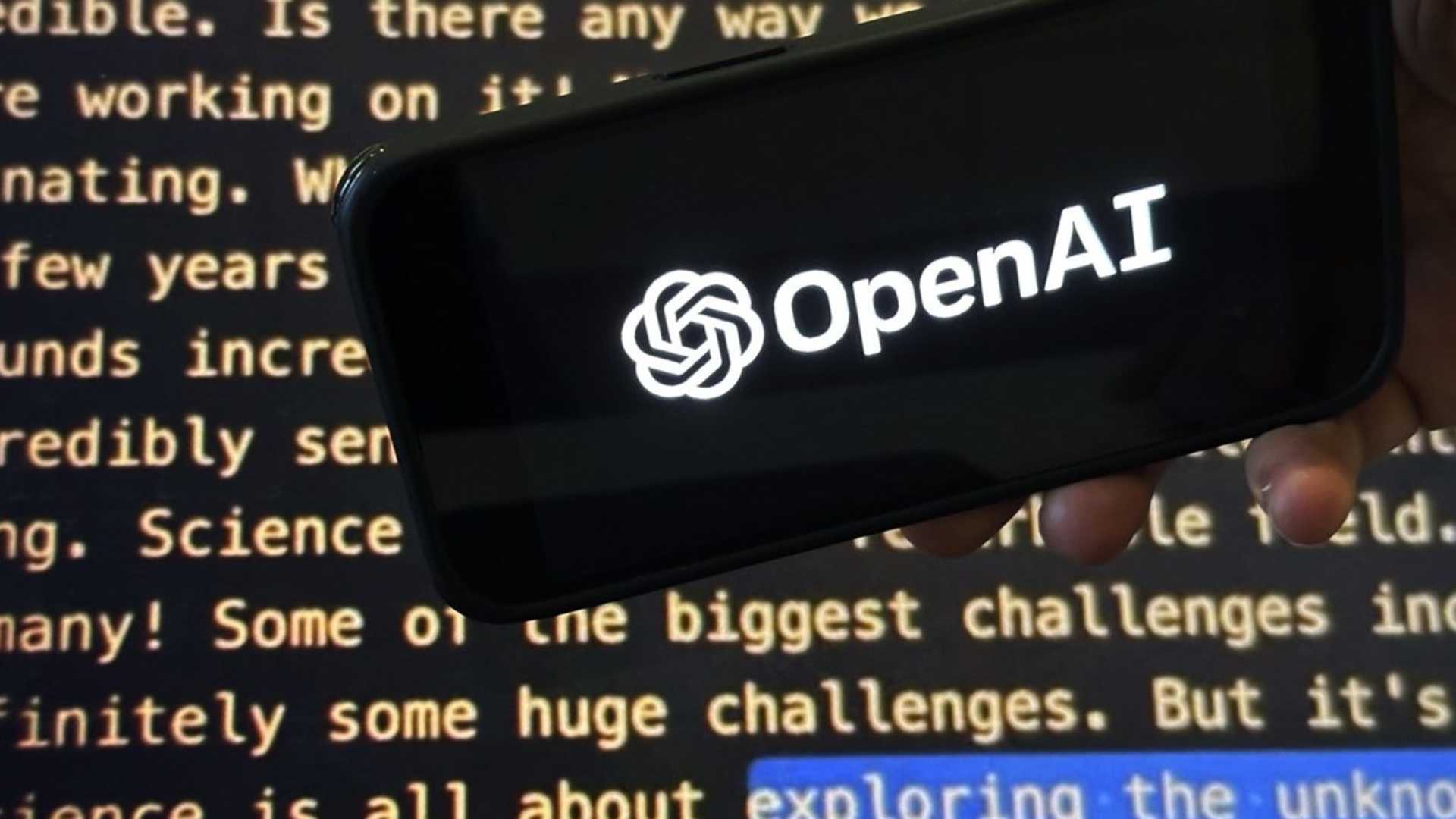OpenAI reverses course and says its nonprofit will continue to control the company
After months of pursuing a plan to transition into a for-profit business, OpenAI has made a significant decision to reverse course. The company announced on Monday that its nonprofit entity will continue to oversee the operations of the company responsible for creating ChatGPT and other artificial intelligence products.

CEO Sam Altman explained that the choice for the nonprofit to maintain control came after engaging with civic leaders and holding discussions with the offices of the Attorneys General of California and Delaware. The board, led by Altman and Bret Taylor, opted for the nonprofit to retain authority over OpenAI.
Transition to a Public Benefit Corporation
While the nonprofit already possesses a for-profit arm, Taylor disclosed that this arm would be transformed into a public benefit corporation. This new structure would require the corporation to consider both shareholder interests and the overarching mission of the organization.

Although the specifics of the ownership stake the nonprofit would hold in the public benefit corporation were not revealed during the announcement, Altman indicated that the nonprofit would be responsible for selecting the board members for the public benefit corporation.
Advantages of Public Benefit Corporations
Public benefit corporations, which originated in Delaware in 2013 and have been adopted by other states, are mandated to pursue not only profits but also social good. Companies like Amalgamated Bank and Coursera fall under this category and must define the social good they aim to achieve.
Altman emphasized that transitioning to a public benefit corporation would establish a more comprehensible structure for OpenAI to operate effectively given its expansive scope of activities.
Future Endeavors and Fundraising
Altman expressed that the demand for AI tools has surpassed their initial expectations. Access to additional capital will facilitate OpenAI in pursuing mergers, acquisitions, and other standard business operations. While admitting that fundraising might be more straightforward if OpenAI functioned as a conventional company, Altman affirmed the organization's commitment to its unique mission.

Despite encountering investors who are solely interested in the business aspect of OpenAI, Altman stressed the importance of aligning with individuals who value and support the company's mission.
OpenAI's Evolution and Challenges
Founded as a nonprofit research lab with a focus on developing artificial general intelligence (AGI) for the benefit of humanity, OpenAI has evolved significantly over the past decade. With a reported market value of $300 billion and a large user base for ChatGPT, the company has made substantial strides in the AI industry.
Plans to alter the governance structure faced hurdles, including a lawsuit from Elon Musk, one of the co-founders, who raised concerns about deviating from the organization's founding principles. The legal process is set to continue into the following year.
Furthermore, OpenAI encountered scrutiny from law enforcement bodies in Delaware and California, where the company is based. The response from the attorney general's offices in these states remains a critical aspect of OpenAI's restructuring process.
Protecting OpenAI's Mission
Advocates, former employees, and charitable organizations have urged the California and Delaware Attorney Generals to preserve OpenAI's charitable objectives and prevent any deviations that could potentially endanger the company's mission. The unique structure of OpenAI, with a public benefit corporation controlled by the nonprofit's board, sets it apart from other AI companies.










